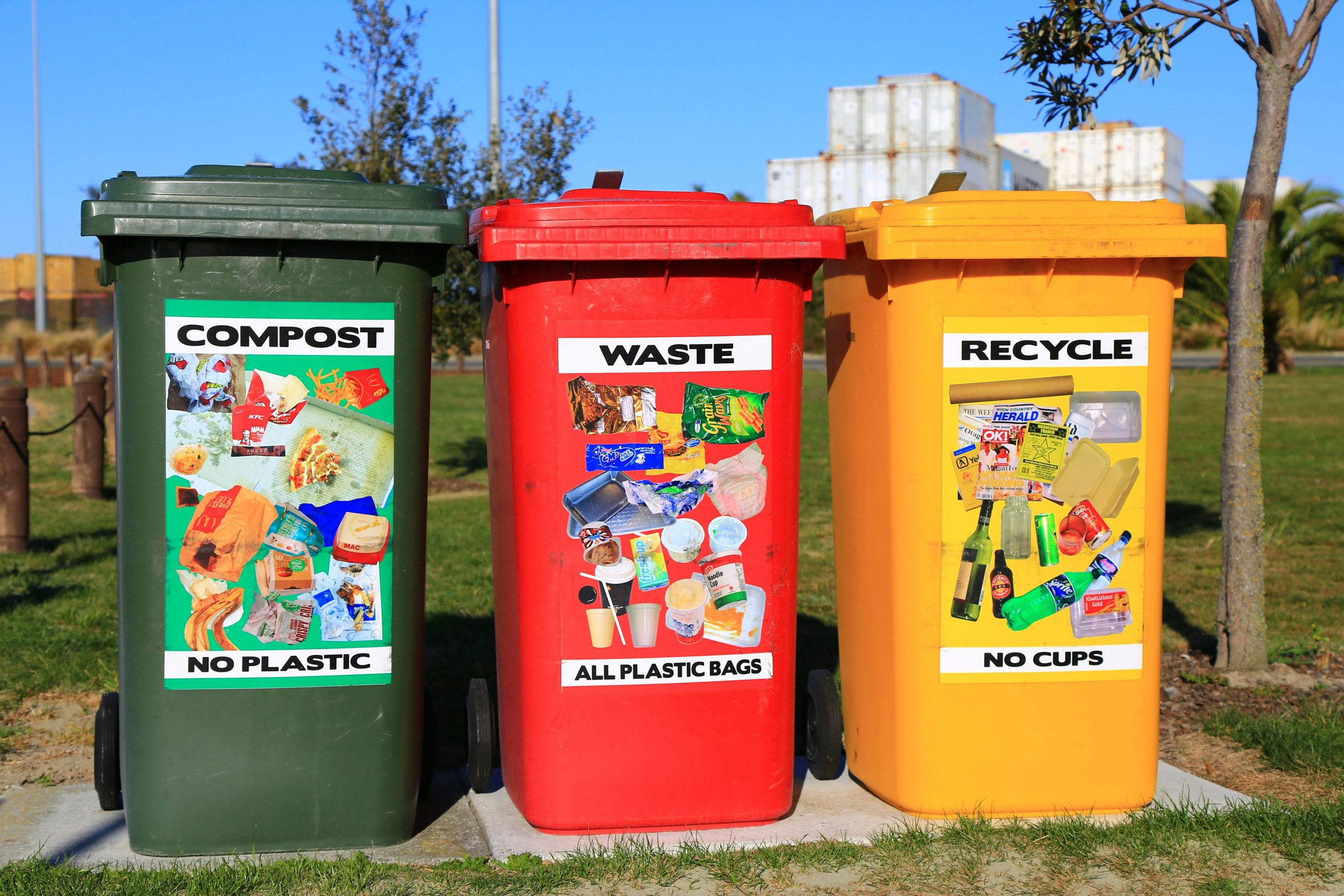Saving Energy By Reusing Resources
Extracting and processing raw resources to make materials requires lots of energy. A recycled item can be processed into a new material, eliminating the need to make the material from scratch. The energy cost to process a recycled item is much lower than the energy cost to extract and process raw materials.
An Example with Aluminum Cans
Aluminum is produced from aluminum ore. The ore has to be processed extensively to isolate the aluminum metal. This processing requires a tremendous amount of heat and electricity.
None of this processing is required for recycled aluminum metal, which can simply be cleaned and re-melted. This saves 95% of the energy that would be required to produce new aluminum.
(AmericanGeoSciences.Org)
Fun Facts about Recycling and Energy Usage
In 2018, 3.7 million tons of aluminum were produced by recycling in the United States, saving enough energy to provide electricity to 8 million homes. (AmericanGeoScience.Org)
Producing new plastic from recycled material uses only two-thirds of the energy required to manufacture it from raw materials. (EPA)
Recycling one aluminum beverage can saves enough energy to run a 14 watt bulb for 20 hours, a computer for 3 hours, or a TV for 2 hours. (EPA)
